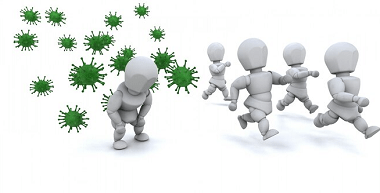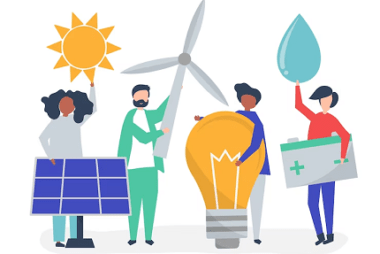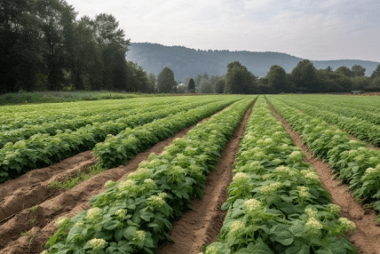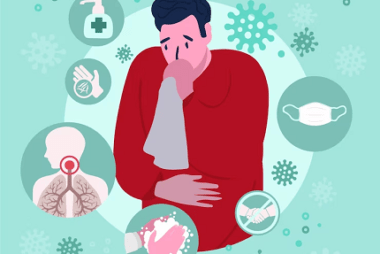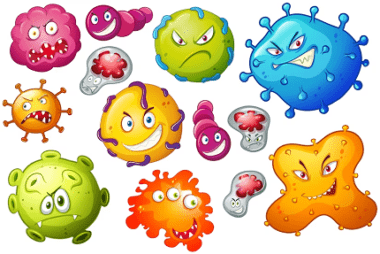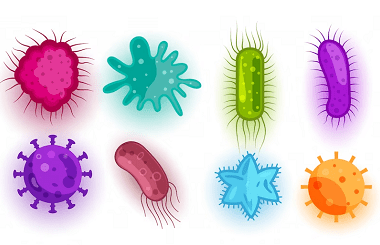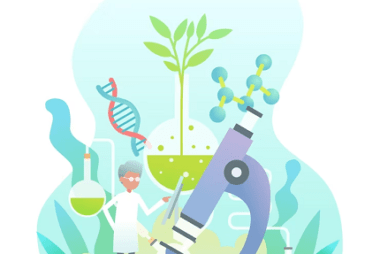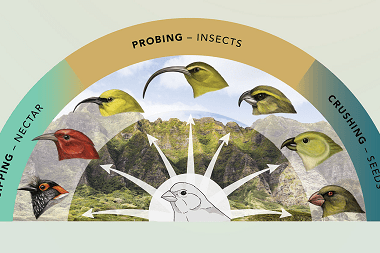Advance Course AIIMS-SYLLABUS Biology syllabus Microbes causing human welfare
Microbes causing human welfare Certainly! Microbes play a crucial role in human welfare and have numerous beneficial effects on human health and well-being. Here are some specific examples of microbes causing human welfare: These examples highlight the positive role of microbes in human welfare, including improving health, contributing to sustainable agriculture, environmental conservation, and industrial…
